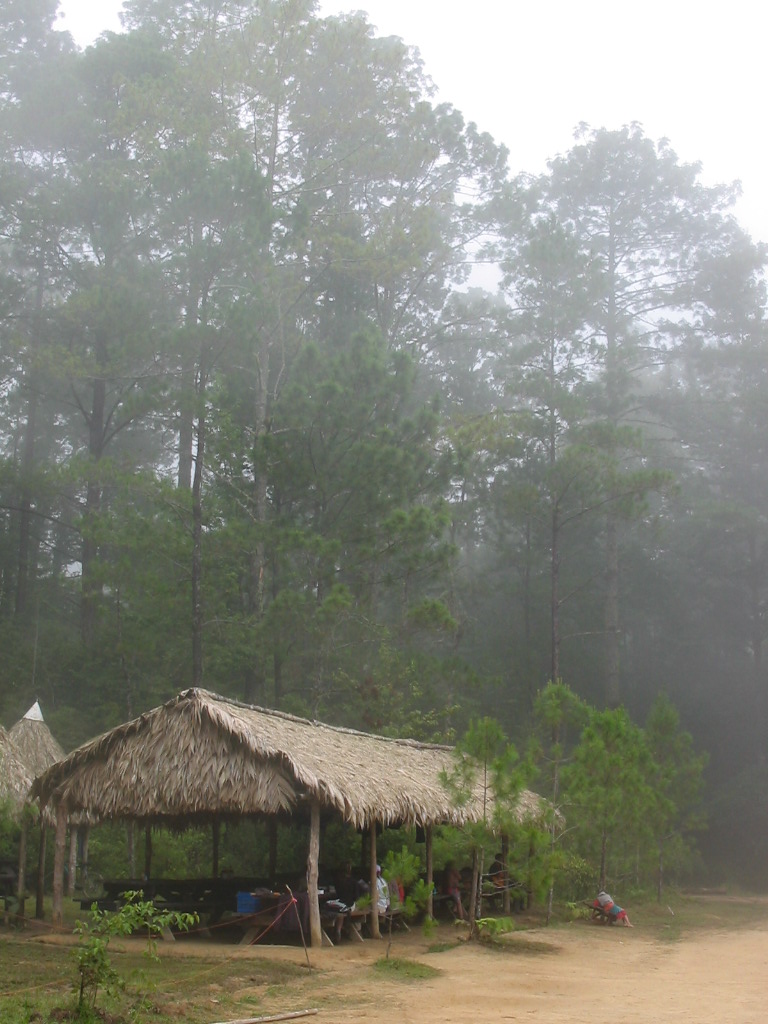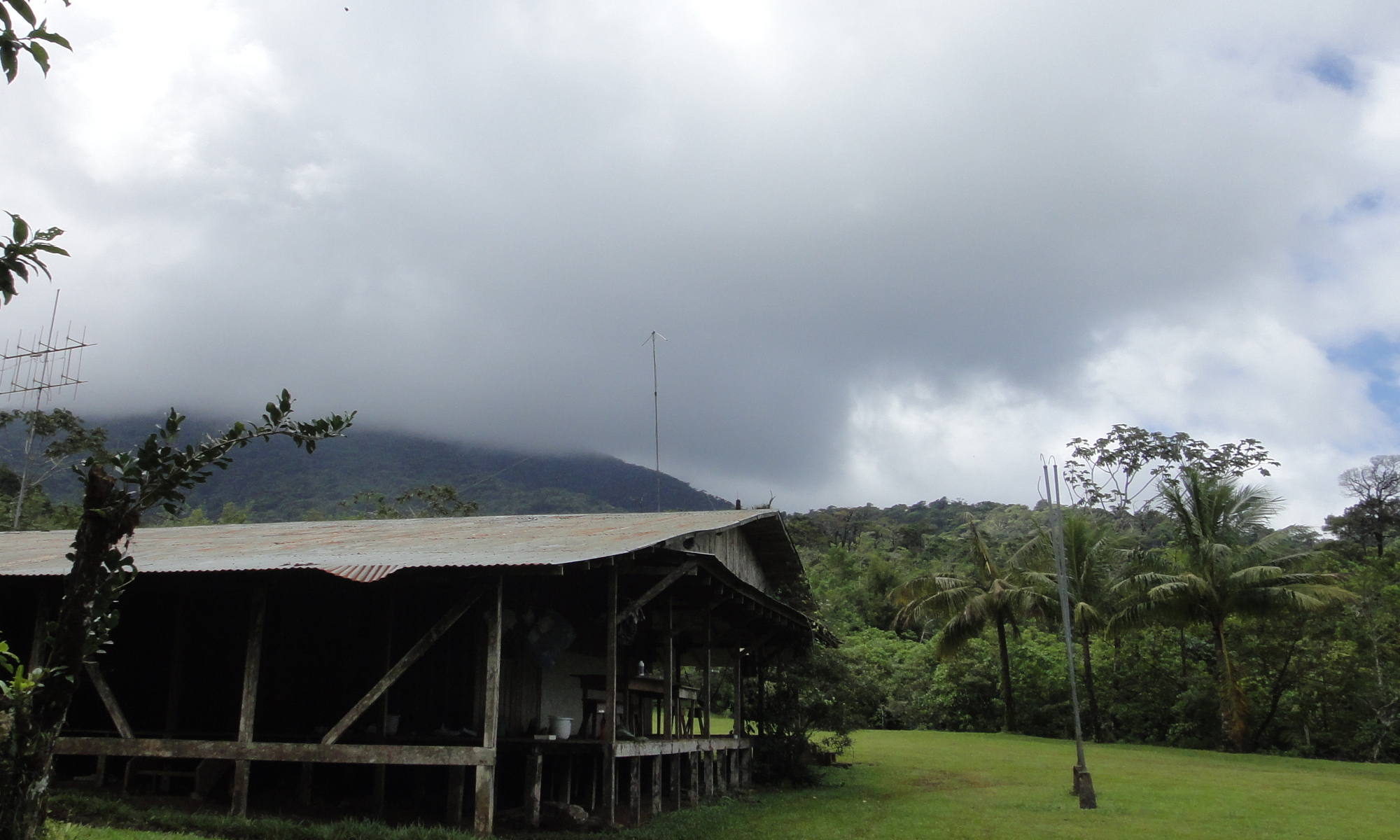 So, now that Andrew and I have finally wrestled WordPress into submission and I am now allowed to make posts, here I am! I’m the aforementioned PhD candidate (thankyouverymuch) and I’ve been in the Srivastava lab for a year. For that entire year I’ve been anticipating what I am now about to embark on… Tropical Field Work (TFW). Before I start, I just want to emphasize that I am NOT complaining about any of this. Any similarities to complaining are entirely coincidental.
So, now that Andrew and I have finally wrestled WordPress into submission and I am now allowed to make posts, here I am! I’m the aforementioned PhD candidate (thankyouverymuch) and I’ve been in the Srivastava lab for a year. For that entire year I’ve been anticipating what I am now about to embark on… Tropical Field Work (TFW). Before I start, I just want to emphasize that I am NOT complaining about any of this. Any similarities to complaining are entirely coincidental.
If you had asked me 2 years ago, I could never have imagined that I would be preparing to leave for a total of 7 months of TFW in Costa Rica and Brazil. How lucky are we?? Going to beautiful countries, living in the forest surrounded by the sounds of the jungle, meeting new people and cultures, and not to mention skipping Canadian winter! But as much as I have been anticipating finally getting down to the planning and execution of the trips, I have also been dreading the realities of trying to plan 7 months of TFW in 2 trips to 2 different countries, at the same time.
There are levels to this planning that you never see coming until they hit you in the face. The research itself requires not only the usual equipment searches, shopping trips, and inventories – but how much are we allowed to bring into the country with us? Will we need to buy equipment there? Do we even know what it’s called in Portuguese?? And let me just ask you… have you ever needed to fill out a research permit with a spanish-english dictionary next to your keyboard? Or tried to learn how to speak Spanish and Portuguese at the same time, for that matter?
Then there is the life I’m leaving in Vancouver that still needs to function while I’m gone. Have you ever tried to list all the things you do every month (pay bills, rent, phone bills, water the plants, check the oil in the car etc.) without even thinking about it? Now try and do it all without constant internet access. One question I never thought I’d need to answer: What do I do when I end up in Toronto for Christmas with all my Costa Rica field clothes and my ski jacket is still in Vancouver?
7 months of TFW. It’s an adventure and a challenge.
But I’m tellin ya, the first night I’m lying in that clearing in the jungle with the latest rainstorm echoing off the field station roof and the smell of dirt, and fresh, and green all around me… it will most definitely all be worth it.

